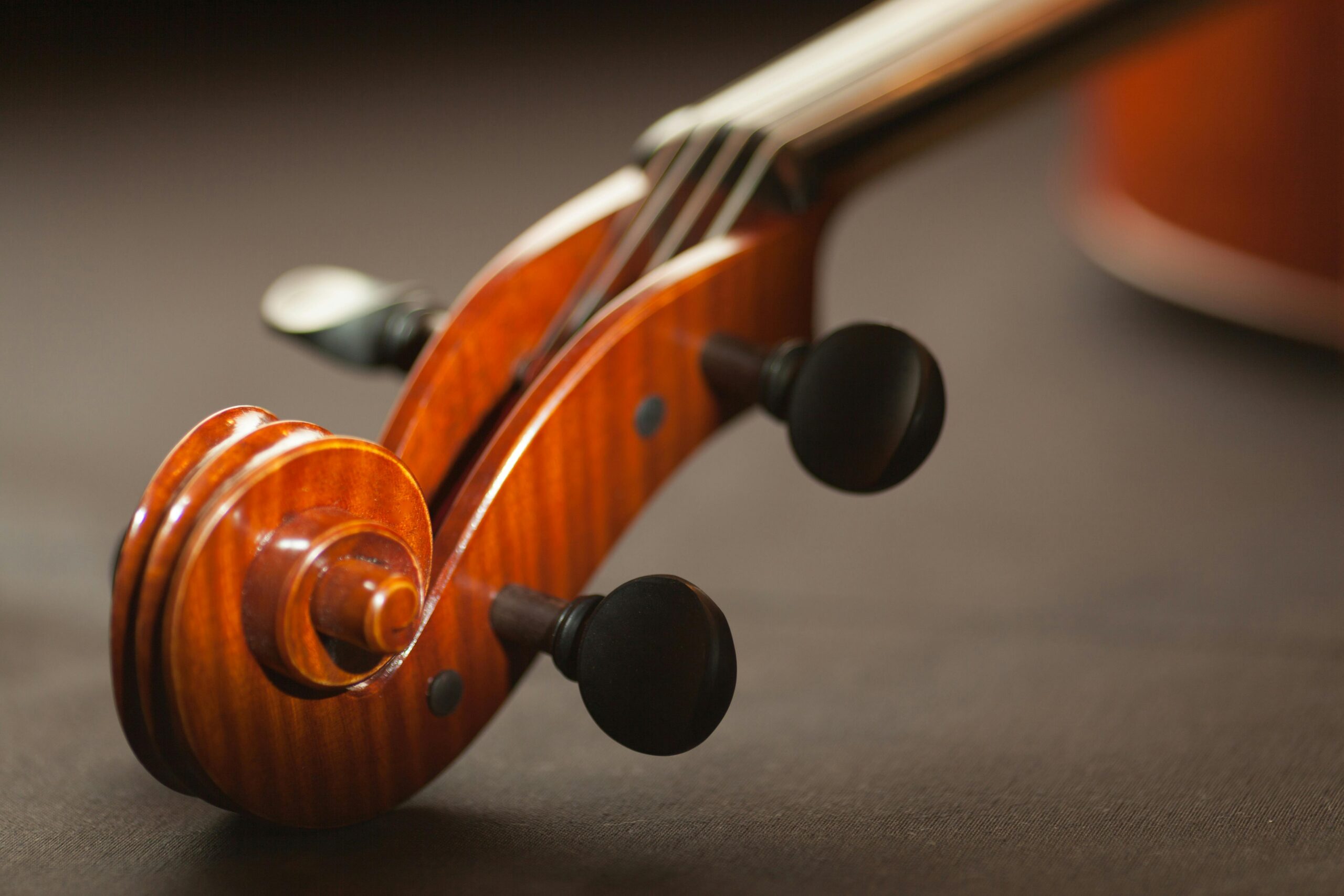Classical music is not just a genre — it is a living tradition that transcends time, culture, and geography. From the grand concert halls of Vienna to the quiet hum of a violinist practicing in a small studio, the sounds of Bach, Mozart, and Beethoven continue to resonate across centuries. Even in today’s era of electronic beats and digital soundscapes, classical music remains an unshakable foundation for artistic expression, emotional depth, and intellectual exploration.
The Origin of a Universal Language
The roots of classical music trace back to the medieval and baroque periods, where composers like Johann Sebastian Bach and George Frideric Handel created intricate compositions that shaped the foundation of Western music theory. Their work introduced structured harmonies, counterpoint, and orchestration — principles that continue to guide musicians today. What makes classical music unique is its universality; it communicates emotion without words, allowing listeners across the world to connect through melody alone.
The Emotional Power of Classical Music
Few art forms can capture the full range of human emotion like classical music. A symphony can move from the deepest sorrow to the highest triumph within a few bars. Composers such as Beethoven and Tchaikovsky mastered the art of expressing human struggle and victory through sound. Listening to Beethoven’s Ninth Symphony or Tchaikovsky’s Swan Lake can still evoke goosebumps centuries later. Classical music teaches us that emotion doesn’t need language — it flows through tone, tempo, and texture.
Influence on Modern Music and Film
While pop, rock, and electronic music dominate today’s charts, their DNA is deeply intertwined with classical roots. Many modern composers borrow harmonic structures and orchestral arrangements from the classical tradition. Film scores, in particular, owe much of their grandeur to symphonic music. Think of John Williams’ Star Wars theme or Hans Zimmer’s orchestral soundtracks — their emotional depth comes straight from the playbook of Romantic and Baroque masters. Classical music continues to shape how we experience emotion in cinema and beyond.
A Bridge Between Past and Present
In a world where everything changes rapidly, classical music serves as a bridge between history and innovation. Modern orchestras blend traditional instruments with digital enhancements, creating hybrid performances that appeal to younger audiences. Institutions such as the Berlin Philharmonic and London Symphony Orchestra are embracing technology — offering live-streamed concerts and virtual reality experiences that bring symphonic music to new generations.
The Role of Classical Music in Mental Wellness
Recent scientific studies highlight how classical music has tangible effects on the brain. Listening to Mozart or Chopin can reduce stress, enhance focus, and improve sleep quality. Music therapy programs across hospitals and wellness centers integrate classical compositions to promote emotional healing. The structure and rhythm of classical music align with the body’s natural patterns, creating a soothing and balancing effect on the nervous system.
Education and Cultural Legacy
Learning classical music builds discipline, creativity, and cognitive skills. Young musicians trained in classical traditions gain a deep understanding of rhythm, pitch, and harmony, which translates into success in other musical genres. Programs like “El Sistema” in Venezuela and youth orchestras worldwide are proving that exposure to classical training can transform communities and open new opportunities for children regardless of background.
The Digital Renaissance of Classical Music
Streaming platforms have revitalized the reach of classical music. Apps like Idagio, Apple Music Classical, and Spotify’s curated playlists are bringing masterpieces to global audiences. Emerging artists are finding ways to remix and reinterpret classical pieces, blending them with modern instruments or electronic sounds. This digital renaissance ensures that classical music continues to evolve — not as a relic, but as a living, adaptive art form.
The Enduring Allure
So why does classical music still inspire generations? The answer lies in its timelessness. Every era rediscovers its beauty in a new form. Whether it’s Yo-Yo Ma performing Bach’s cello suites, Lang Lang bringing Chopin to global stages, or young composers blending symphonies with hip-hop rhythms, classical music continues to reinvent itself while preserving its core essence — emotional truth.
In a noisy world full of fleeting trends, classical music reminds us of stillness, patience, and craftsmanship. It stands as proof that art doesn’t need to be loud to be powerful — it just needs to be honest. For every generation that seeks meaning, harmony, and depth, classical music will remain a guiding light, echoing through time with elegance and grace.
The Timeless Allure of Classical Music: Why It Still Inspires Generations
·
